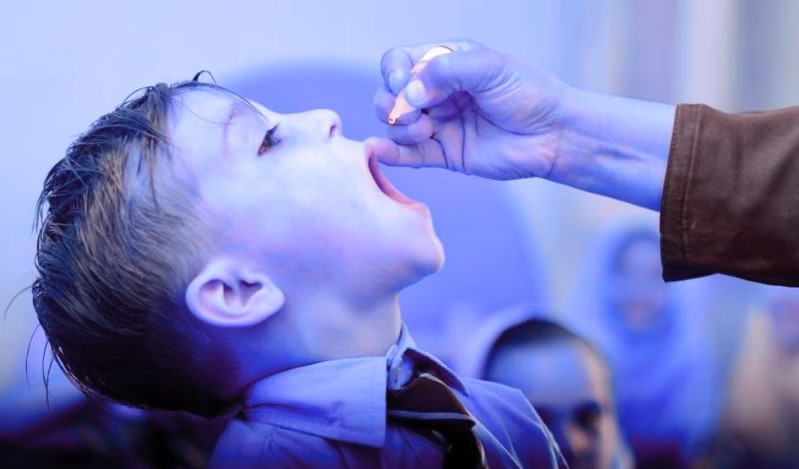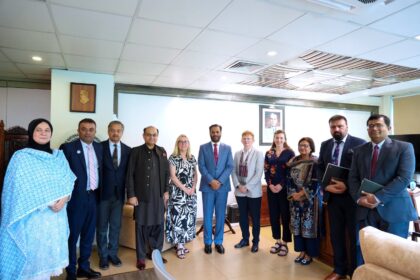Pakistan Achieves Record Childhood Immunisation in 2024; Concerns Persist Over Polio
ISLAMABAD – Pakistan has reached its highest-ever immunisation coverage for diphtheria, tetanus, and pertussis (DTP) in 2024, with 87% of children vaccinated, according to new data released jointly by UNICEF and the World Health Organization (WHO). This milestone comes as part of a broader regional achievement, with South Asia recording its highest childhood immunisation rates to date.
The DTP vaccine coverage is considered a key global indicator of immunisation progress. In South Asia, 92% of infants received their third DTP dose in 2024, up by 2 percentage points from the previous year, while first-dose coverage rose to 95%.
The report also highlights a dramatic 27% decrease in zero-dose children—those who have received no vaccines—falling from 2.5 million to 1.8 million within a year. This bounce-back surpasses pre-COVID levels, indicating strong recovery efforts led by frontline health workers, national governments, and donor partnerships.
“This is a proud moment for South Asia,” said UNICEF Regional Director for South Asia Sanjay Wijesekera. “But we cannot forget the millions of children who are under-vaccinated or unvaccinated… We must push into rural areas and give every child their right to healthcare.”
HPV Vaccine Launch Anticipated in 2025
The data also revealed that Pakistan is expected to introduce the human papillomavirus (HPV) vaccine in 2025, a key step in preventing cervical cancer and enhancing adolescent health services.
Pakistan May Become Last Polio-Endemic Country, Senate Told
Despite the encouraging immunisation progress, Pakistan still struggles with polio, and Health Minister Mustafa Kamal warned the Senate that Pakistan may soon become the only country in the world where poliovirus persists.
He noted that Afghanistan’s vaccination campaign is progressing without significant resistance, including door-to-door drives and mosque-based outreach—even in conflict-prone areas like Kandahar.
In contrast, Pakistan faces challenges of vaccine hesitancy and refusal in some areas. Of the 14 polio cases reported in 2024, five were in Bannu, where families refused vaccinations.
“We’ve moved away from using police to enforce vaccination,” Kamal said, “and are now engaging local influencers to build community trust and save children’s lives.”
Senator Abdul Shakoor Khan, who raised the issue in the Senate, urged that religious scholars be mobilized to help dispel myths and improve vaccine acceptance.
What Lies Ahead
While Pakistan’s immunisation infrastructure is showing resilience and progress, the continued presence of poliovirus remains a major global concern. UNICEF and WHO have called on governments to increase domestic financing for immunisation and ensure that political commitment remains strong.











